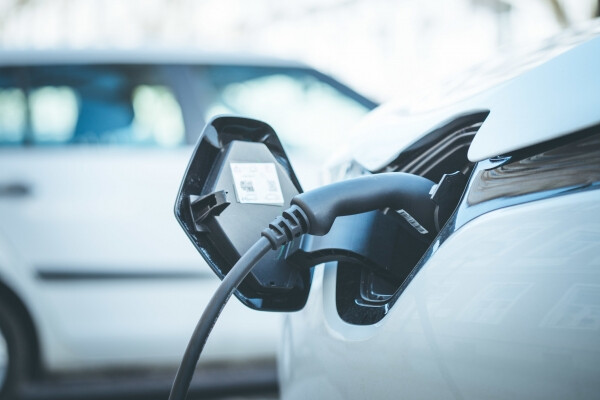
The South Korean government has announced a comprehensive plan to bolster the competitiveness of the electric vehicle and secondary battery industries, aiming to overcome recent challenges and maintain a global leadership position. Key measures include:
Enhancing Electric Vehicle Demand
Increased subsidies: The government will expand subsidies for electric vehicle purchases, with the amount directly linked to discounts offered by manufacturers.
Youth incentives: A 20% additional subsidy will be provided for young people (aged 19-34) purchasing their first electric vehicle.
Charging infrastructure: An additional 4,400 fast-charging stations will be installed this year to expand charging infrastructure.
Highway toll discounts: Toll discounts for electric vehicles on highways will be extended until 2027.
Tax benefits: Tax benefits for mid-to-large electric passenger cars will be expanded.
Hydrogen vehicle promotion: The government aims to expand the hydrogen charging infrastructure and increase the use of hydrogen buses.
Strengthening Technological Capabilities
Autonomous driving: A comprehensive roadmap for Level 4 autonomous driving will be developed by the end of this year.
Next-generation platform: A next-generation vehicle platform integrating various control functions will be developed by 2026.
Core component development: Investments of 430 billion won will be made in developing core technologies for electric vehicles, such as batteries and motors.
Strengthening the Secondary Battery Ecosystem
Policy financing: A significant 7.9 trillion won will be invested in policy financing for the secondary battery sector this year.
Specialization clusters: Four designated secondary battery specialization clusters will receive government support for infrastructure development.
Supply chain stabilization fund: The government will utilize the Supply Chain Stabilization Fund to support domestic companies in securing battery materials and minerals.
R&D and tax benefits: R&D and investment tax credits will be provided for companies developing key minerals for secondary batteries.
Addressing Global Uncertainties
Overseas market expansion: The government will support domestic companies in expanding into overseas markets through FTA negotiations, ODA, and matching with overseas automakers.
Domestic production base: The government will provide support to domestic companies to strengthen their domestic production bases.
Industry Minister Andeok-geun emphasized the importance of the electric vehicle and secondary battery industries for the future of the mobility sector. He stated that the government will provide full support to ensure these industries can lead the future market despite challenges.
[Copyright (c) Global Economic Times. All Rights Reserved.]



























